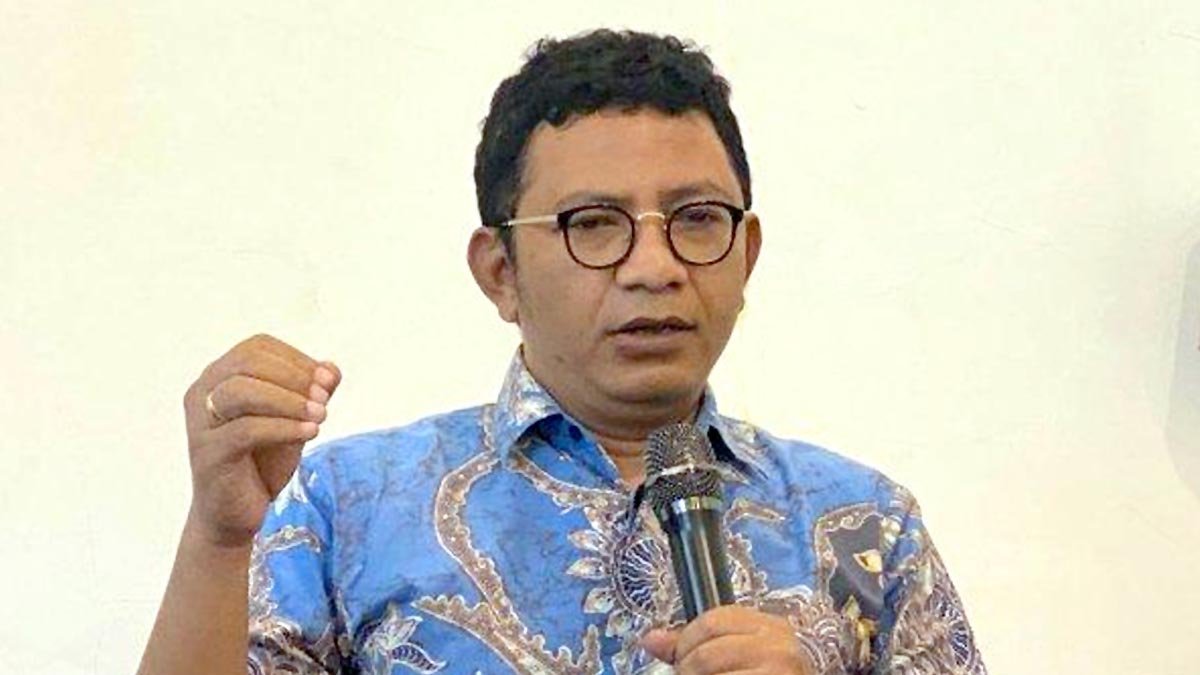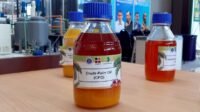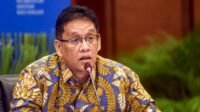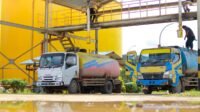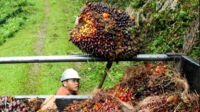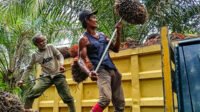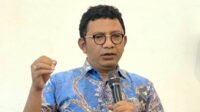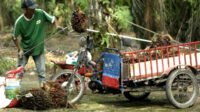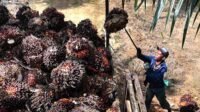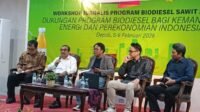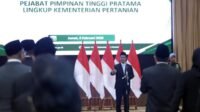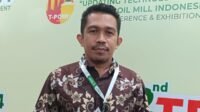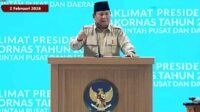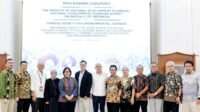PALMOILMAGAZINE, JAKARTA – The Indonesian Palm Oil Farmers’ Organization (POPSI) has voiced key demands concerning palm oil governance and environmental sustainability.
POPSI is calling on the government to establish a fair and sustainable partnership scheme between community cooperatives and state-owned PT Agrinas. Currently, Agrinas manages nearly one million hectares of confiscated palm plantations across various regions, yet no partnership model with farmers has been implemented—something that is typically standard practice within the plantation sector.
To address this, POPSI proposes a scheme in which community cooperatives manage 80% of the land while PT Agrinas oversees 20%. According to POPSI, this model would ensure greater justice, empower local communities to manage resources independently, and improve farmers’ welfare.
Also Read: PalmCo CEO: Smallholder Oil Palm Replanting Key to Food and Energy Security
“We uphold the 1945 Constitution, which states that land, water, and natural resources are controlled by the state for the benefit of the people. The confiscation of illegal plantations is proof of the state’s presence in reclaiming resources from those who exploit them for private gain. But the state must not act arbitrarily or ignore the poverty and suffering of communities who have long been dispossessed of their land,” said POPSI Chairman Mansuetus Darto in a statement received by Palmoilmagazine.com on Tuesday (Sept 2).
Darto emphasized that the proposed scheme would enhance the welfare of palm oil farmers, strengthen the role of cooperatives in the national supply chain, and promote transparent and fair governance that truly benefits the people.
Beyond partnership, POPSI reaffirmed its commitment to environmental sustainability. The group urged the government to return all illegal palm plantations located within protected and conservation forests to their original function through reforestation.
Such efforts, POPSI stressed, are vital to restore the ecological role of forests as life-supporting systems, prevent further environmental degradation from land conversion, and provide legal certainty for sustainable development.
“Palm oil is the livelihood of millions of farmers, but sustainability must not be sacrificed. We demand the government take firm action: establish fair partnership models for communities and restore forests affected by illegal plantations through reforestation,” Darto added, who also serves on the National Board of the Palm Oil Farmers Union (SPKS).
According to POPSI, these measures will not only strengthen farmers’ role in the economy but also safeguard food and energy sovereignty, while protecting forests as the backbone of Indonesia’s future. (P3)

